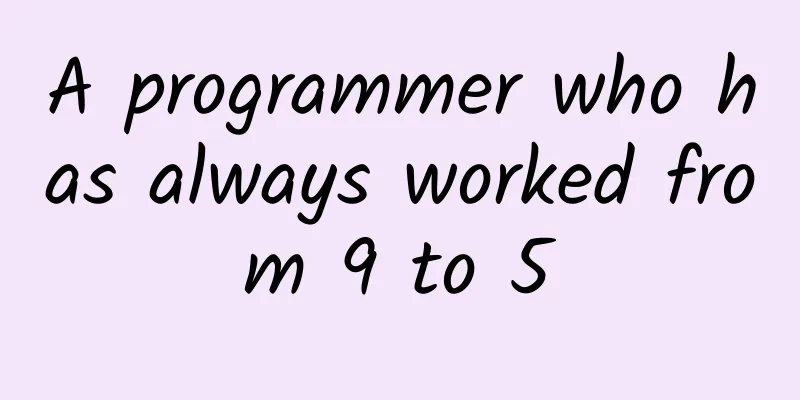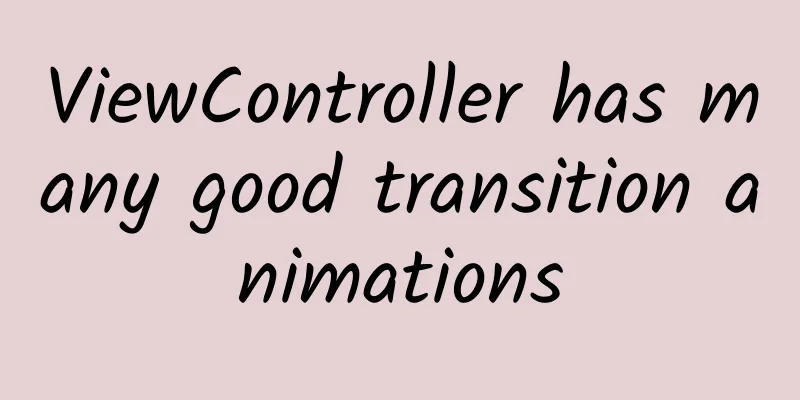A programmer who has always worked from 9 to 5

|
I’ve been thinking a lot lately about a tweet from Safia Abdalla —
This text made me feel a little emotional, though I also recognized the irony. Ever since I was fired for refusing to work overtime, one of the things I've said to potential employers is that I don't like to work overtime. At least, not regularly. I occasionally have "Hell Weeks" where we either do a specific piece of programming or fix a specific bug, and then I walk away after the problem is solved. Ms. Abdalla's tweet went a step further than that, and because of it, I suddenly became more aware of my thought process. See, I chose this mindset (show up, fix the problem, and leave) in large part to protect my own sanity. If I don't have clear boundaries for when I can think about work problems, I'll always be thinking about them, which is a really effective way to think about things I haven't done or don't have a solution for. I'm not a focused programmer, and this act of creating boundaries helps me control my impulsive thoughts. Boundaries and Frustration The problem is that we never run out of problems to solve. For a person like me who is eager to think, I see programming as all problems to be solved, and I can actually find solutions that make people happy. Yes, I solved a problem! Yeah, cool! But so what? It just makes people crazy and frustrated. Because of the out-of-control of my mind and brain, I had to set boundaries, I had to leave my job, I had to become a 9-to-5 programmer. I know a lot of programmers who suffer from imposter syndrome. You've probably had it at some point: it makes you feel like a fraud who has no idea what you're doing and is just pretending to be doing it. My problem is that if I don't set these boundaries, if I allow myself to continue working and exploring and solving problems, my imposter syndrome only gets worse. I want to know everything, but it's obvious that I can't know everything because I'm overthinking it. So, I have to set boundaries, like "work is work" and "rest is rest". Setting boundaries can help me stay sane and sane. For a long time, I felt that this made me not like a programmer. I can't program for 16 hours in a row, because at the end I can't do anything at all. I have a beloved wife and three children who need my care and love. The reality is that the code we write will never love us back. However, I still want to do better and be a better programmer like those I respect, and I hate that I can't do this. Twitter and other social media are the worst for this. Smart programmers - and to be honest, I admire their work - will proudly proclaim that they only spent all day programming, and they claim it was very rewarding. And me? I can only sit and despair about why I can't be like them. Why can't I work on this? Damn brain! Why don't you let me be as productive as them? I can be as good as them, as long as you get out of my way! It took me a long time to realize that my brain doesn't work that way. I'll never code for 16 hours straight, I'll never pull an all-nighter and still get something done, I'll never be "productive" like those people on Twitter claim. I just can't do it. And, as a professional software developer for 11 years, I've learned that this isn't a big deal. It really doesn't matter, because I can still solve problems with an eight-hour workday, I can still get my job done and do it well, I can still lead my team effectively, and I can still solve interesting problems with interesting solutions. I just have to stay within the boundaries I set. The key thing to realize is that this doesn't make me any less interesting than those programmers at Twitter, it makes me more unique. Being a 9-to-5 programmer I bet there is a group of programmers that can be called the "silent majority" who just want to do their job and go home. These people don't stay up late at night trying to solve the problem that has been bothering them for weeks. These people don't write blogs, contribute to open source projects, give technical talks, or show any interest in anything other than programming. These people are sometimes jokingly called "9-to-5 programmers." I'm here to tell these people that even though we are so-called "9-to-5 programmers", we are still quite outstanding. If you are a programmer working a 9-5, this does not make you a bad programmer, it makes you a good time manager. I'm not here to tell you which path is better, I can only tell you what works for me - and that's simply being a 9-to-5 programmer. I just want to do my job, do it well, and then go home and do other things (like writing this blog). I need to do this to keep my mind clear. You can too, even if your brain is different from mine! You really don't need to prove yourself to be a good programmer with countless programming results. You just need to think deeply about the problem and have a desire to do a good job. Guess what? If you’re reading this right now, you’ve done a great job. Go home when it’s time to go home. I promise, you’ll still be working and coding tomorrow. I'm here to wish you happy programming! |
>>: Android is not secure, Google is not clear
Recommend
Internet Medical Survival Report: Where are the 533 companies that received investment in the past five years now?
The first batch of Internet medical companies beg...
Fiber-optic timing makes time transmission more "hardcore"! How can high-precision time be applied in the future?
Science Times reporter epic The sun shines on the...
User Growth: Why isn’t your user base growing?
The changes of the times and channels will bring ...
Perfect Diary’s private domain traffic method!
The article provides a detailed analysis of the t...
How can mini programs take advantage of the World Cup? Here is the most complete guide!
The 2018 Russia World Cup is in full swing, and t...
What color does the water turn into after Cordyceps sinensis is soaked in water?
Soaking Cordyceps in water is the most common way...
Product Operation: How to position the product?
Sometimes in the workplace, we encounter products...
Heather smells so "dirty", why is it planted all over the streets?
There is a popular saying: "If you can't...
Talking about the foreplay and climax of brand marketing from the wedding of Wu Qilong and Liu Shishi!
Wu Qilong and Liu Shishi officially held their we...
Only 5 steps to achieve a cold start from 0 to 1
The launch of a product must inevitably go throug...
Three major trends in new media operations in 2017
On November 16, 2017, Penguin Think Tank and Tenc...
Except for cephalexin, you should not drink alcohol when taking these 5 medicines!
During the Spring Festival, there are family reun...
Can changing your diet really lower your blood pressure? Here’s how to eat to protect your heart
Recently there was a very eye-catching scientific...
Sheng, Dan, Jing, Chou, why is Mo missing? Learn all the roles in Peking Opera in one go
Everyone still remembers it, right? The five elem...
It’s so cold! Temperatures dropped by more than 10℃ in many places
From February 12 to February 13, rain and snow wi...









